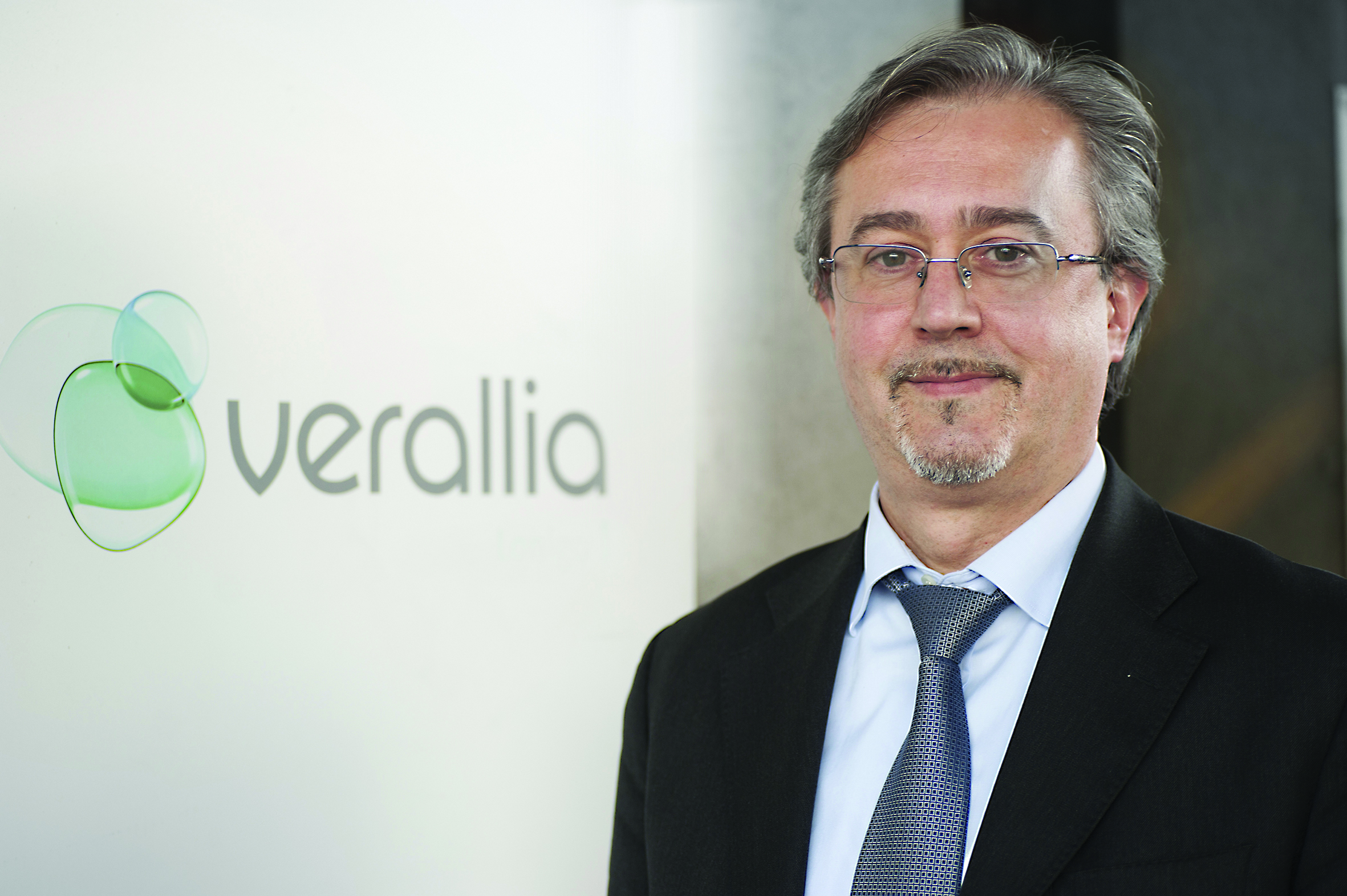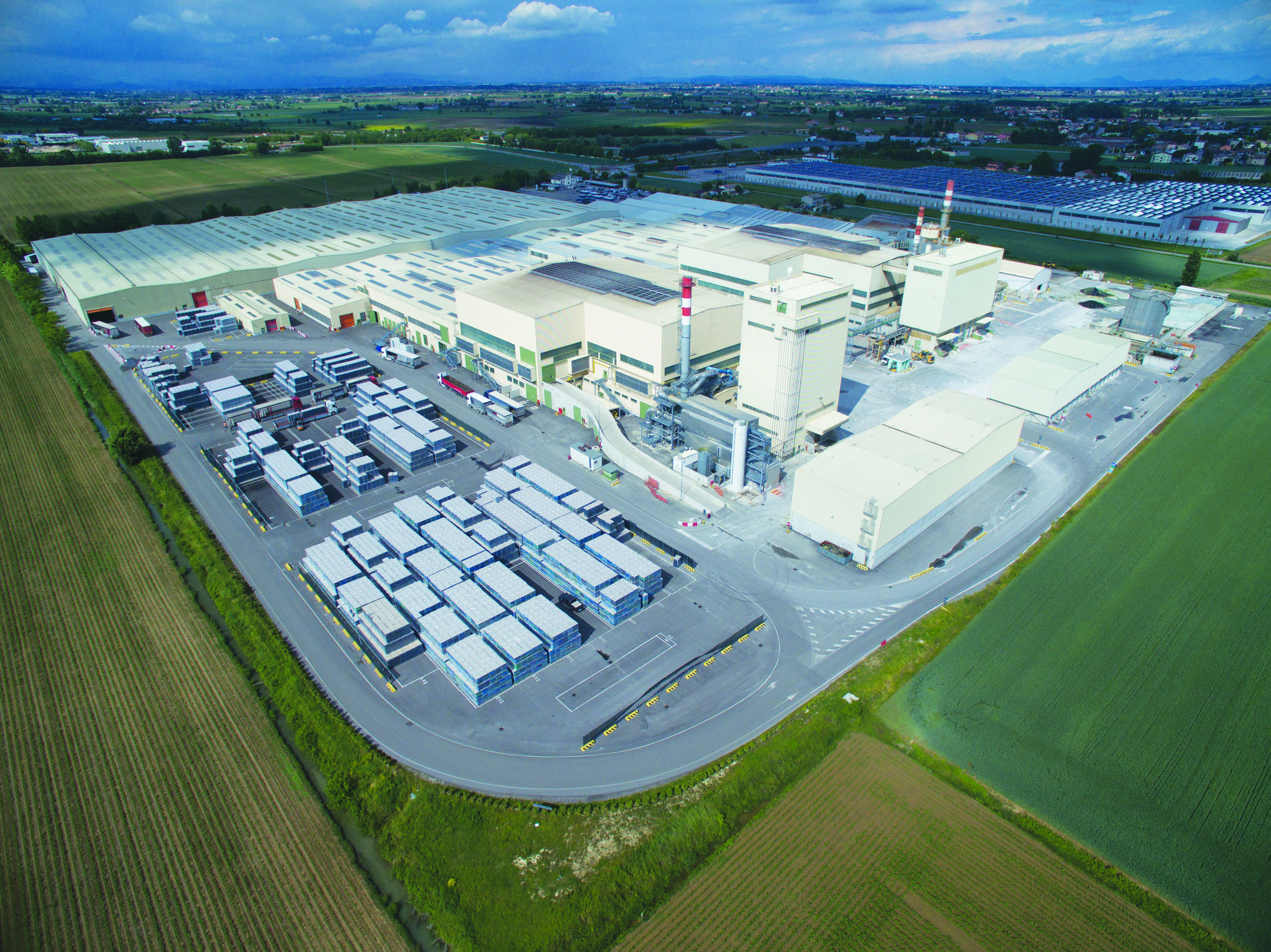Future prospects
Mr Ravasi contends that with glass currently performing very well in Italy, this positive trend will continue, picking up market share from other packaging materials. “This trend is also thanks to a better overall understanding of the environmental problems caused by the excessive use of plastic and consumers paying more attention to health issues. These two aspects will surely contribute to the more widespread use of glass, a healthy material that is infinitely recyclable” he says.
To meet growing customer demand, Verallia is currently building its eleventh furnace in Italy, at Villa Poma. “This investment proves just how much Verallia believes in the potential for food and drink business expansion in our country.” Overall Italian GDP is expected to grow by 1.5% in 2018, including increasing popularity for organic produce, with glass the packaging material of choice. “Another opportunity is created by the progressive acceptance of a circular economy in European politics, which can only favour the more widespread use of glass as an indefinitely recyclable material” Marco Ravasi concludes.
Verallia to build 11th Italian furnace at Villa Poma
Within the next two years, Verallia plans to invest approximately €80 million at its Villa Poma production site, involving a renovation of the current furnace and the construction of a new one.
“Italian food and beverage companies continue to grow, thanks to the export of Made in Italy excellence” commented Marco Ravasi. “We are firmly determined to follow the growth of our customers, enhancing their products and brands with our containers, developed with a high content of innovation and sustainability. The most advanced technologies of the glass industry, which will be installed on the Villa Poma site, will allow us to produce an ever-increasing number of containers, with the highest quality standards in the sector.”
The decision to invest at Villa Poma follows the construction of 73 furnace in Gazzo Veronese (Verona), confirming the centrality of Italy in the global strategy of the Verallia Group which, over the last five years, has invested more than €250 million in the country. Once fully operational, the furnace will directly employ about 50 new people by the second half of 2019.



